Role: PI (Principal Investigator) and Director of the German team involved in the project. Task: Design and construction principle of three bridges.
Coordinator: TU/e Eindhoven, University of Technology, Netherlands,
EU Funding: € 3.93m
Total Budget: € 6.86m
Timeline: 2019-2023
Team: TU/e Eindhoven University of Technology (NL)
KU Leuven (BE)
FiberCore Europe BV (NL)
24SEA BVBA (BE)
Sub-partner: Com&Sens BVBA (BE)
VolkerInfra (NL)Lineo – groupe NatUp fibres (FR)
University of Stuttgart (DE), ITKE/BioMat
Centre of Expertise Biobased Economy (NL)
Vrije Universiteit Brussel (BE)
Gemeente Bergen Op Zoom (NL)
Gemeente Almere (NL)
Gemeinde Ilsfeld (DE)
Proesler Kommunikation (DE)
Concrefy b.v. (NL)
EU strategy builds on sustainable materials
The EU’s action plan Bio-Economy Strategy [EC. 2018] stresses the need for a shift towards natural materials. Natural plant fibres and biopolymers open up exciting perspectives on sustainability and material circularity for load bearing structures. The EU Interreg project “Smart Circular Bridge” is led by Eindhoven University of Technology, which is building on extensive experience with bio-based materials. Together with 13 partners from science, industry and local authorities, three pedestrian and bicycle bridges will be completed by 2023.
Bio-composites: new materials in bridge construction
Combatting climate change and striving for circular economy are becoming increasingly important in the construction industry. Load-bearing structures in particular offer great potential, especially if they are based on renewable, non-fossil materials. As part of an EU project, three pedestrian and bicycle bridges in the Netherlands and Germany are currently being planned using bio-composite materials. The first “Smart Circular Bridge” will be realised in Almere (NL) in spring 2021, followed by bridges in Ilsfeld (DE) 2022 and Bergen op Zoom (NL) 2023.
Elegant designs
Smart Circular Bridges are made of bio-composites. Like conventional composites they consist of two materials: natural fibres – such as flax and hemp – provide the stiffness and strength, the bio-resin bonds the fibres together, resulting in a strong and light weight material. Bio-composites offer great freedom of form and enable structurally optimised and resource-efficient, yet elegant designs.
Smart and safe
A sophisticated monitoring system is used in the Smart Circular Bridges. By using optical fibre sensors (FBG-s), the structure and its material condition and also its level of structural safety is constantly monitored. The Structural Health Monitoring system detects structural changes and possible material degradation such as fatigue. It can give an early warning, in case pre-set limits are reached. The in situ collected data of the bridges in the project will be compared to extensive research and laboratory test data. By combining the laboratory tests with constant in situ monitoring data, not only the highest level of safety for use is guaranteed, but also extensive valuable information is collected for the planning and optimisation of further bridges and other structures.
More info:
Vizualization © BioMat at ITKE/University of Stuttgart
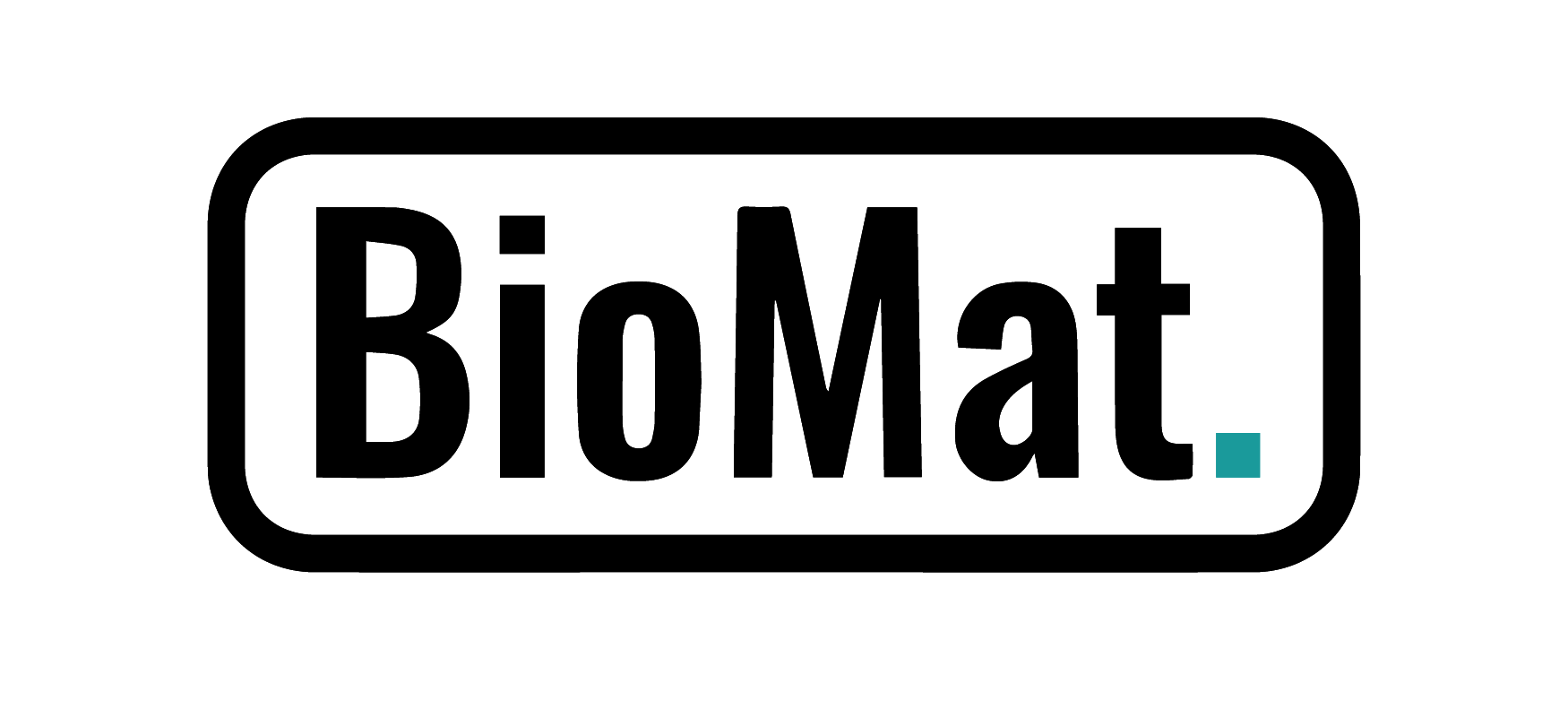
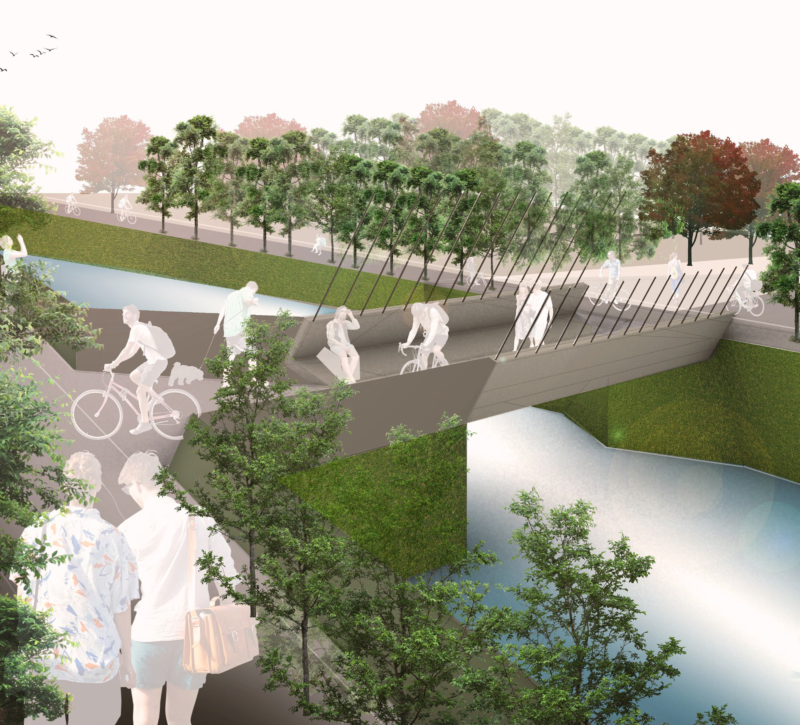
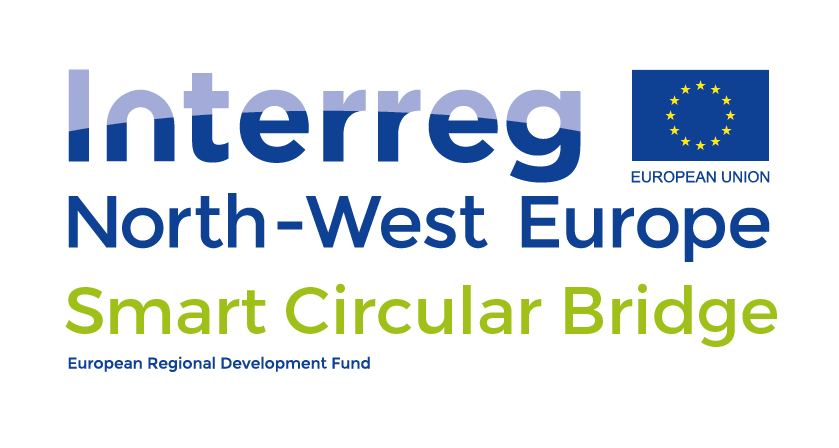
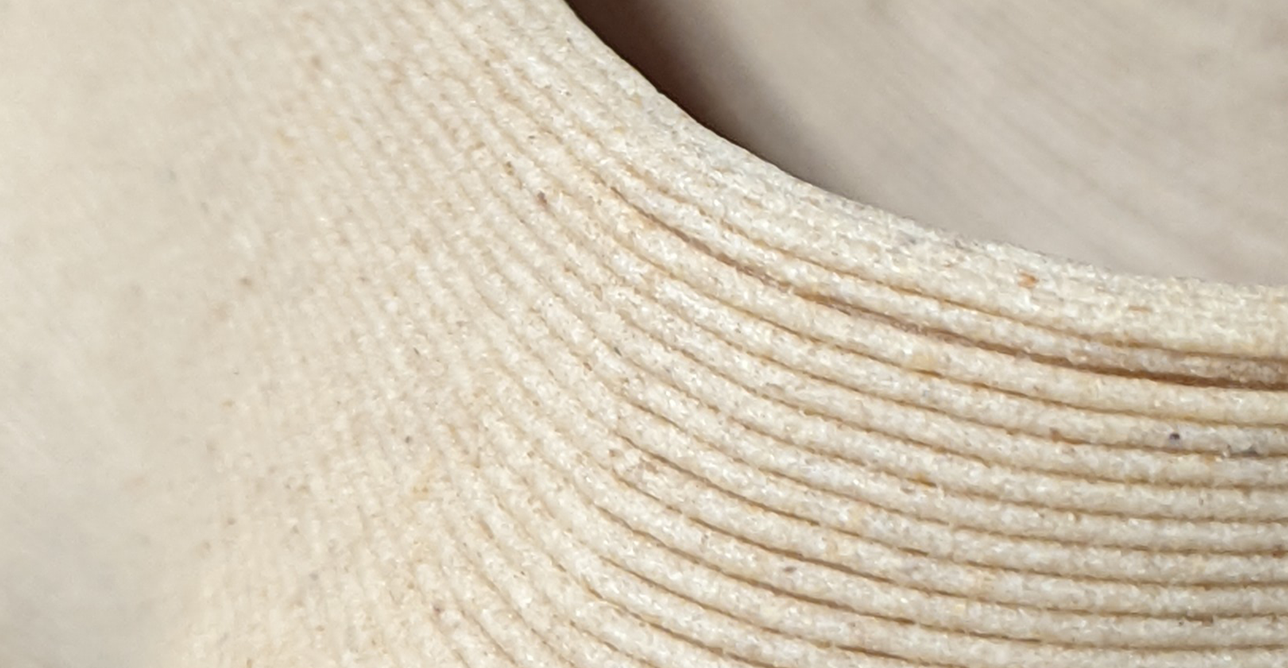
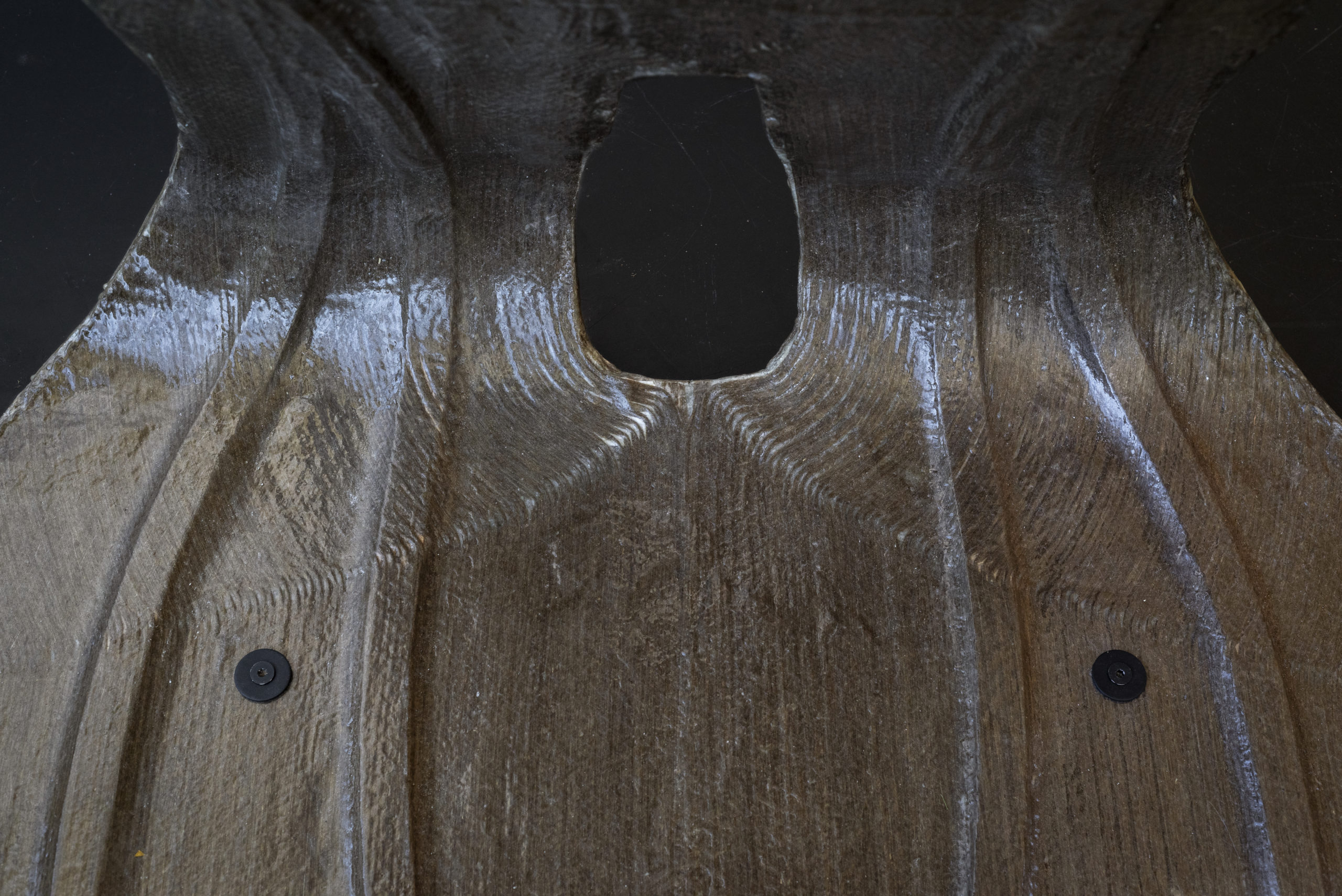
Recent Comments